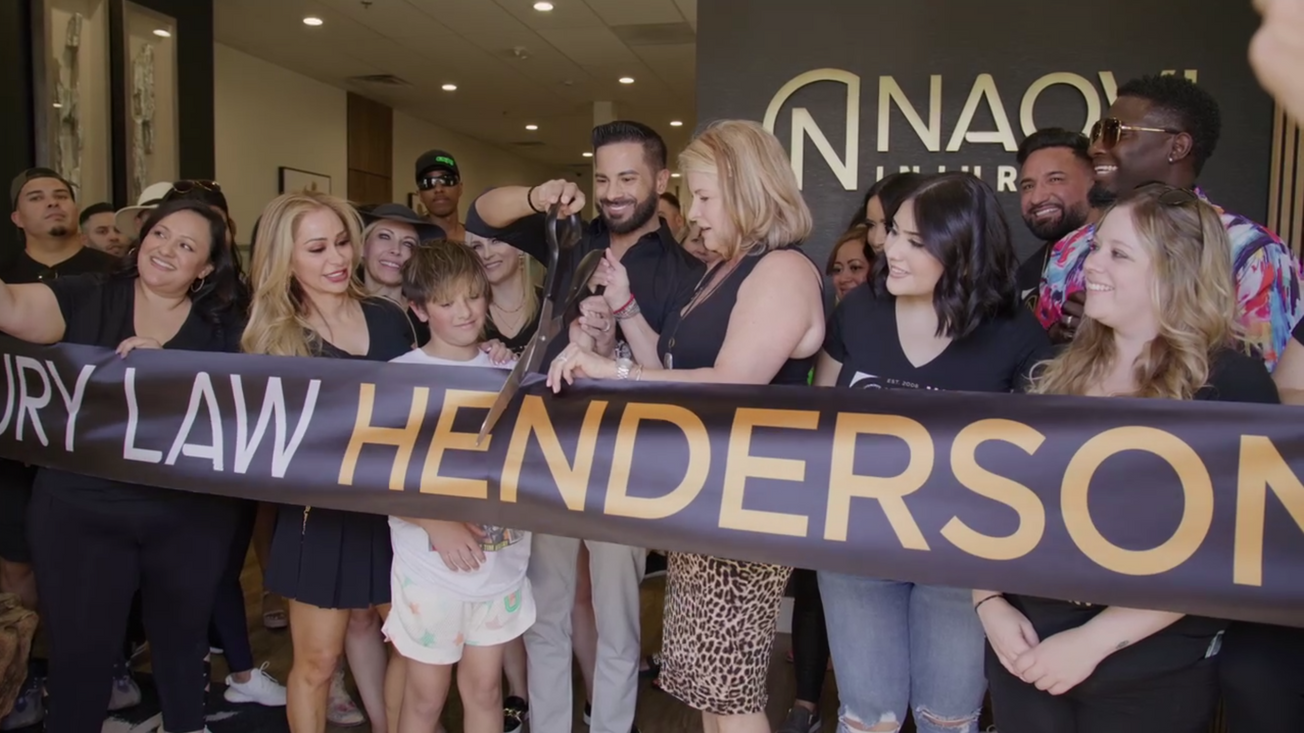By Jennifer L. Braster, Esq.
The answer to this question is almost always sooner than you think. As a business attorney, clients often come to me after a disagreement has boiled over and a lawsuit has been filed. When there is a disagreement between the partners of the business or a dispute with the landlord for example, the agreements between the parties are key. Those agreements often will control the outcome of the dispute. One of the best pieces of advice I can give business owners is to ask for assistance before a problem arises, which can mean having an attorney assist with important business agreements before you enter into them.
For instance, when starting a business, consideration should be given as what type of entity to form – sole proprietorship, limited liability company, or corporation. Regardless of the type of entity, a written agreement will govern the relationship between you and your business associates. Depending on the type of entity, this may be called a partnership agreement, bylaws, or an operating agreement.
Regardless of what it is, its primary purpose is to govern the relationship among the owners, and it will likely help you later if there is a dispute or question. For example, the agreement would set out the procedures:
- When one partner wants to leave the business
- When more capital is needed for the business
- If you want to add additional partners
- Resolving deadlocks if the ownership is 50/50
- Addressing the involvement in investment partners who do not have a role in the operations
Once the entity is formed, many people find themselves leasing space to operate. Several new business owners find themselves personally guaranteeing leases without understanding what that means and then finding themselves on the hook for the rent payments if the business goes under. A personal guarantee generally means that the individual can be held liable for the obligation of the business. An attorney will be able to assist you with negotiating and understanding the terms of these agreements and the risks.
If you are looking at hiring employees, meeting an attorney early on will educate you on issues or considerations with employees, such as:
- Is there confidential business information that you need to protect with non-competition or confidentiality agreements?
- Should the business create an employee handbook?
- Should you have an employment agreement with the employees?
Remember, it is easier to protect the business with these agreements and documents up front.
Lastly, establishing a relationship with an attorney early on in the business will give you an additional “partner” in your business who you know and can rely on when a problem occurs versus having to scramble to find someone when there is an issue. Plus, it is always nice to have an attorney on retainer when you have an emergency situation and know there is someone there that can immediately help.
About the Author: Jennifer L. Braster is a founding partner at Naylor & Braster, a commercial litigation firm in Las Vegas. Jennifer routinely practices in both the federal and state courts in Nevada and in the areas of commercial litigation, consumer finance, and appellate law. Contact her at 702-420-7000.









